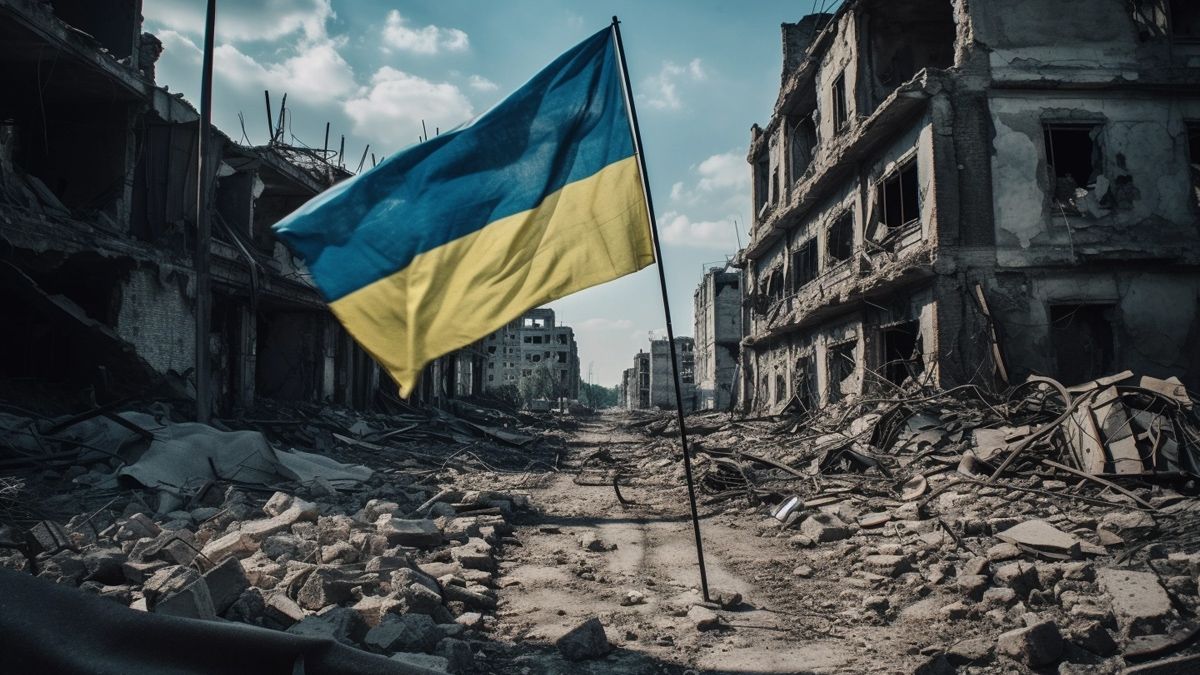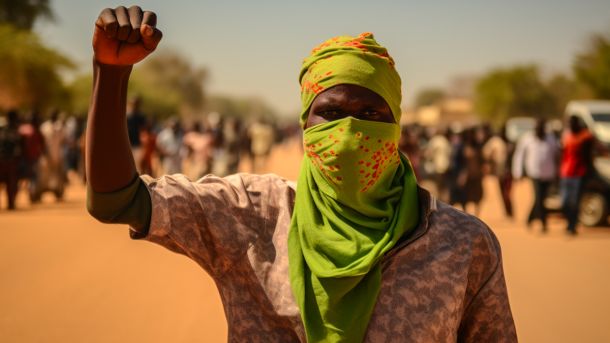Bakhmut: Ukraine’s Chosen Battlefield to Weaken Russian Elite Forces

Advertisement
“Russia has changed its tactics,” Podolyak said in an interview published by the Italian newspaper La Stampa. “It has gathered in Bakhmut a large part of its trained military personnel, the remnants of its professional army, as well as private companies.”
“So we have two goals: to reduce their skilled personnel as much as possible and to exhaust them in certain crucial battles, to halt their offensives and focus our resources elsewhere, in view of the spring counter-offensive. Thus, today, Bakhmut is totally effective, even surpassing its main objectives.”
Ukrainian Resistance and Russia’s Struggles
Russia has made Bakhmut the primary target of a winter offensive involving hundreds of thousands of reservists and mercenaries. It has captured the eastern part of the city and the outskirts to the north and south, but has not yet managed to encircle the Ukrainian defenders. Kiev, which seemed ready to retreat westward in early March, announced this week that its generals had decided to reinforce Bakhmut and resist.
Russia’s advances appear to be slowing, as Yevgeny Prigozhin, head of the private Wagner militia leading the Russian assault, publicly complains that the military command is not providing enough ammunition to his troops. Ukrainian resistance could also have a broader impact on the Russian economy. Gas traders said that tankers carrying Russian liquefied petroleum gas (LPG) have been unable to leave the Black Sea because it was not considered safe for them to pass under the Crimean Bridge, a road link across the mouth of the Sea of Azov severely damaged in October by an explosion that Russia blamed on Ukraine.
Russian Missile Strikes and Western Military Aid
Kiev and the West have also observed signs of fatigue in the latest massive Russian missile barrage on Ukrainian targets. Russia fired hundreds of millions of dollars worth of missiles across Ukraine on Thursday, including six of its hypersonic Kinzhal (“dagger”) missiles, touted as a weapon to which NATO has no answer. It is believed to possess only a few dozen Kinzhals.
The barrage killed civilians, including a family buried under rubble as they slept in their homes near Lviv, 700 km from the battlefield. But otherwise, it seems to have had little effect, with damaged power systems mostly being quickly repaired. The worst damage appears to have been in the eastern city of Kharkiv, where the regional governor said nearly 450,000 people were still without electricity on Friday evening.
Meanwhile, Kiev hopes for an increase in Western military aid expected in the coming months for an offensive when the mud dries up at the end of spring. The British Ministry of Defence said on Friday that the likely reason for the longer pause between missile attacks was that Moscow was running out of missiles.
This article was written based on information provided by Reuters news agency here.
Advertisement
Read next in World

International Investors Demand Concrete Steps to Restore Confidence in Chinese Real Estate Industry

West African Countries Impose Sanctions on Niger Following Coup

Turkish currency collapses by 7%, reaching an unprecedented level






